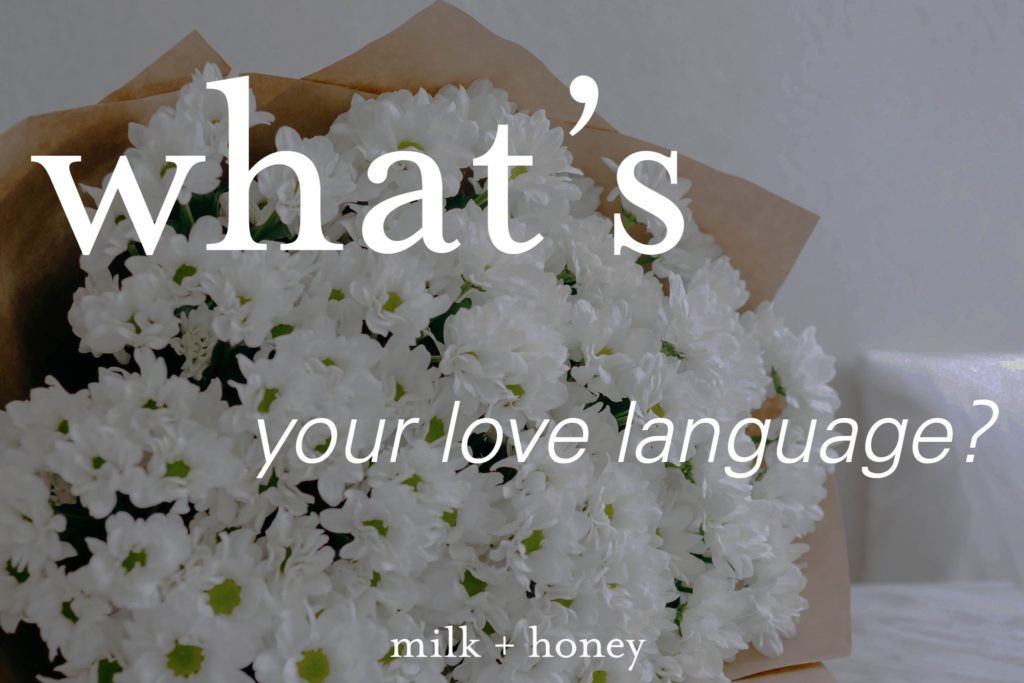At the start of February, we talked about the power of connection and the crucial role it plays in our daily lives. Whether they be romantic, platonic, or familial, the relationships we nurture and maintain are essential to our personal growth and happiness. So much so, that we’re taking today — Valentine’s Day — to pay homage to these many meaningful connections.
How? By taking a closer look at the love languages that serve us — and by understanding them, we can continue to improve how we best communicate and connect with one another.
What’s Your Love Language?
The five love languages, as outlined by Gary Chapman’s The Five Love Languages: How to Express Heartfelt Commitment to Your Mate, refer to the way in which we best express and experience love. We’d say that the concept of a “love language” certainly extends itself to more than just romantic relationships; often, we connect to our friends and family members in similar/modified iterations.
Here are the five love languages:
- Words of Affirmation: You are fulfilled by compliments or words of encouragement and by that token, you also show your love through words of encouragement.
- Quality Time: You enjoy your partner’s undivided attention and this could overflow into other relationships, where attention is given and received is imperative.
- Giving and Receiving Gifts: You are sustained by symbols of love, like flowers or chocolates — this also applies to the feeling you get when you give gifts to others.
- Acts of Service: Setting the table, walking the dog, or doing other small jobs make you happy. On a larger scale, volunteering and getting involved in community initiatives are fulfilling elements of your love language.
- Physical Touch: Outward affection, such as holding hands, hugging, kissing, and having sex, is your romantic love language. When it comes to friends and family, you show your love through affection.
After reading all five, is there one or two that resonate with you most? Chapman asserts that most people have a primary and secondary love language. Perhaps, you thrive off of affection (physical touch) and verbal support (words of affirmation)? If that’s the case, you know that your best and healthiest connections reciprocate and/or bring out these elements in you.
While this is just one “school” of thought when it comes to how we strengthen and maintain our relationships, we think it’s an interesting one. Thoughts?



No Comments